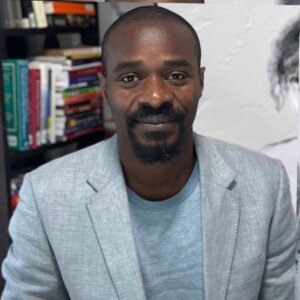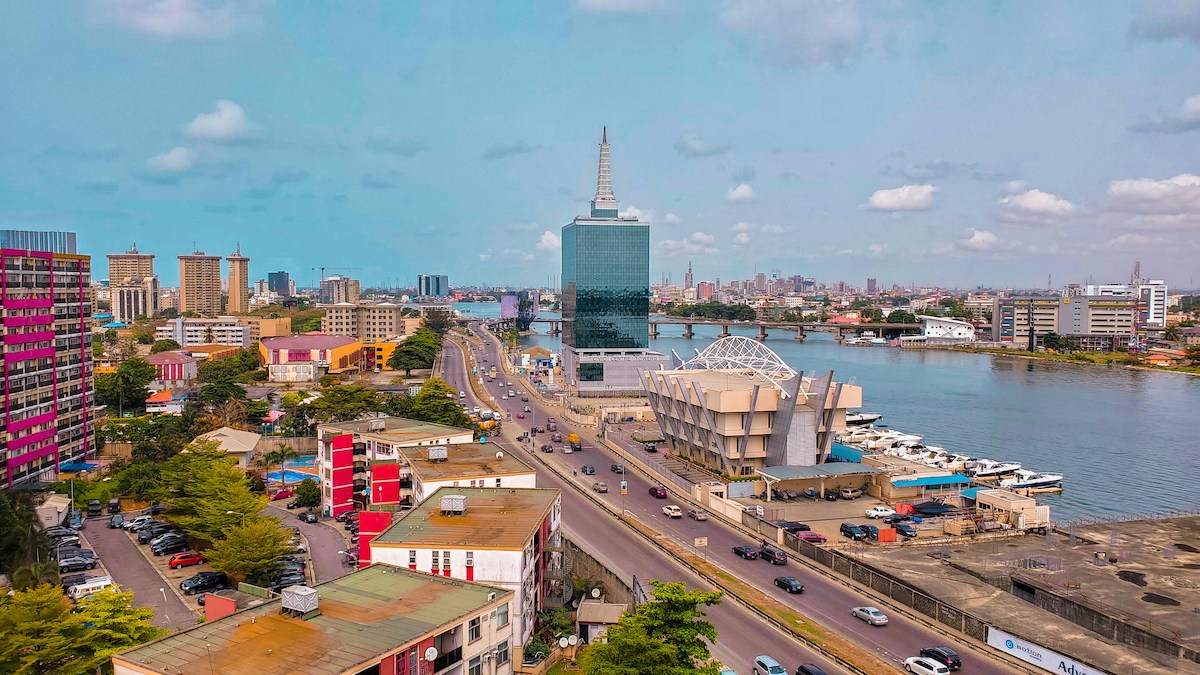Global gathering brings community psychologists to share ideas, shape the future of the field
Is it possible to think of China without imagining the Yangtze River, ancient Egypt without the influence of the Nile, or Caesar’s Rome and Dante’s Florence without picturing the Tiber and the Arno?
Water has always been a powerful symbol — of life, movement, connection, and return.
For Moshood Olanrewaju, Ph.D., associate professor in Doctor of Psychology in Clinical Psychology (Psy.D.) program at Adler University, it also offers a meaningful metaphor for the 2026 International Conference of Community Psychology (ICCP), which he is leading in his home country of Nigeria.

“Water has always had a powerful hold over humankind,” said Dr. Olanrewaju. “On the back of water, we have traversed and rooted ourselves in the many places across the world.”
It’s impossible to ignore the role of water in the transatlantic trade that carried enslaved humans to the Americas from Africa, with many beginning their journey in Nigeria and its historic town of Badagry — also known as the Point of No Return.
For ICCP 2026, Dr. Olanrewaju is hopeful community psychologists and Adlerians around the world do “return” to the Cradle of Humanity.
The conference will be held Sept. 1-4, 2026, at Lagos State University in Lagos, Nigeria. Aptly themed, “Gathering in the Motherland: Celebrating Lifeways, Ways of Water and Reconnecting to the Source,” the ICCP is set to be more than a conference — it is a homecoming for many.
“It’s a chance for community psychologists around the world to gather, let our ideas flow, honor traditions, and embrace our shared humanity,” Dr. Olanrewaju said.
The 2026 conference will be the second ICCP to be hosted in Africa. Although it’s more than a year away, early registration opened in May.
Started by a group of community psychologists — there is no central organizing body overseeing the ICCP — the first conference was first held in San Juan, Puerto Rico in 2006. Since then, the biannual event has been held in Portugal, Mexico, Spain, Brazil, South Africa, and Chile.
Dr. Olanrewaju, who was born and raised in Nigeria, said he is excited for the ICCP’s global community to inspire and motivate young Nigerian students and professionals to learn more about and pursue careers in community psychology.
“The conference will facilitate the exchange of ideas, knowledge, and best practices between Nigerian community psychologists and their international counterparts, fostering global collaboration and promoting cultural exchange,” said Dr. Olanrewaju, who also currently serves as president of the Society for Community Research and Action (SCRA) — also known as Division 27 of the American Psychology Association (APA), which promotes the field of community psychology.
The conference will also provide a platform for Nigerian psychologists to enhance their skills, learn from experts, build professional networks, and find areas of collaboration with the international community psychologists.
Organizers are currently seeking abstract proposals for presentations and workshops that discusses and covers a range of topics, including the contributions of Africanist scholars, the impacts of colonization and other forms of systemic oppression, the science of biodiversity, innovative interventions utilizing African-centered paradigms, and diverse approaches to research.
In addition, the ICCP 2026 also offers a preconference event, where participants embark on a three-day journey to Badagry, Nigeria — a sacred site of water convergence, where ocean, sea, river, lake, and lagoon meet, and a historical site of departure for enslaved Africans during the transatlantic slave trade. Participants can attend ceremonies with elders, spiritual practitioners, and other keepers of traditions and histories. The preconference will also dedicate time for reflection and explore ways to integrate lessons, insights, and practices into everyday lives.
“For participants, I hope they feel the warmth of home — a place where connections are nurtured and new possibilities begin,” Dr. Olanrewaju said. “When you leave, it won’t just be with new insights or perspectives; it will be with a piece of home carried with you.”
